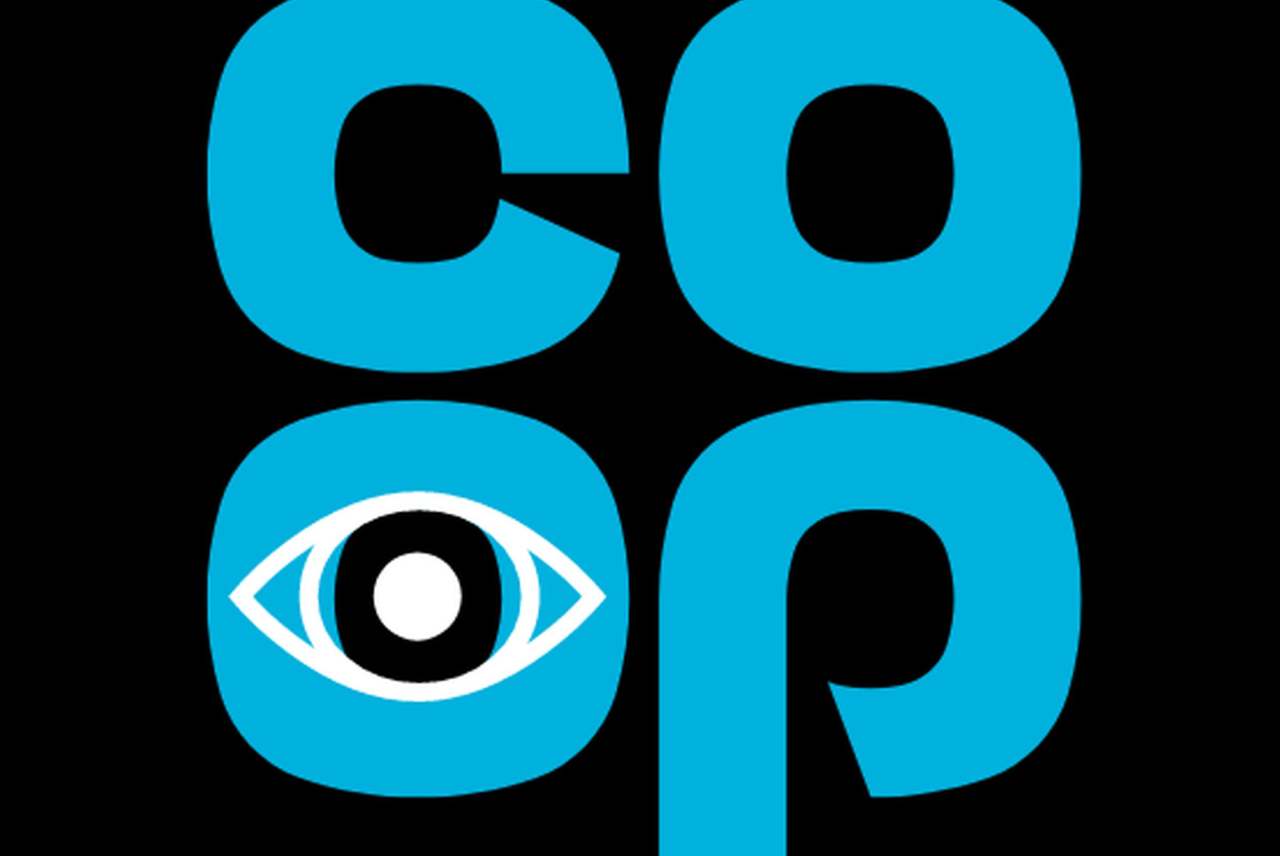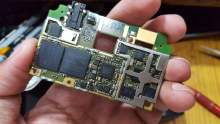Reports suggest that the controversial surveillance system was rolled out in select stores overseen by the Southern Co-operative as part of a ‘trial’ over 18 months ago.
While the stores in question displayed signs to inform shoppers, the issue was only brought to wider attention following the publication of a case study on the website of Facewatch, a specialist provider of facial recognition systems.
Big Brother Watch, which campaigns against facial recognition, states that the Southern Co-operative is likely to be the first supermarket to install the technology in its stores, and argues that this sets a precedent for the wider expansion of facial recognition across the retail sector.
Ethical Consumer contacted the Southern Co-operative for comment, and was provided with a statement outlining its reasons for using facial recognition, which is included in full below.
Why is facial recognition controversial
In the face of campaigns, controversies and legal disputes, the deployment of live facial recognition systems by both state agencies and private companies is expanding across the world. These systems frequently use sophisticated AI technologies to identify images of individuals captured by surveillance cameras with reference to a large database.
Proponents of the technology cite improvements in crime reduction and public safety, while critics argue that any benefits are far outweighed by threats posed to civil liberties and the right to privacy, as well its potential to be used for coercive control and oppression, as has been starkly illustrated by its oppressive use by the Chinese state. They also highlight the way in which the technology is being rolled out without public knowledge and without proper regulation.
In August, the Court of Appeal ruled elements of the use of UK police forces’ use of facial recognition to be unlawful, and cited a lack of clear guidance around how and where the technology could be used.
Another area of controversy around facial recognition is its potential for bias and ‘false positives’. Last year, Amazon was forced to stop selling its Rekognition software to US police forces after studies proved that it had higher rates of false matches for people of colour.
Privacy concerns also exist around how data is collected and shared by facial recognition systems.
Facewatch, for example, maintains a database of images of ‘individuals reasonably suspected of crime or disorder’ -- uploaded by users of its system, appearing to leave plenty of room for interpretation as to whose images it stores. This data is then shared with users when a match is detected on-premise.
However, the Southern Co-operative stated that it does not share data with, or use data collected by other companies.
It is not clear what impact the wearing of coronavirus face masks has had on the operation of facial recognition, particularly in UK supermarkets where their wearing is required by law. While Facewatch claims its technology ‘works with facemasks’, studies have shown that accuracy is greatly reduced across various implementations of the technology when masks are worn.
What action can consumers take?
Big Brother Watch has launched a campaign urging consumers to voice their concerns to the Co-op via email and social media using the hashtag #StopCoopSpying, prepared texts for email and social media can be accessed on the organisation's website. You can also donate to its broader Stop Facial Recognition campaign.
The Southern Co-operative’s statement
We have seen an increase in assaults and violence against our store colleagues. This is not acceptable. We're working hard to protect them but this is not at the expense of our customers rights.
The purpose of our limited and targeted use of facial recognition is to identify when a known repeat offender enters one of our stores. This gives our colleagues time to decide on any action they need to take, for example, asking them to politely leave the premises or notifying police if this is a breach of a banning order.
The number one reason for violence in our stores and within the wider retail sector is when a colleague intervenes after a theft has already taken place. Using facial recognition in this limited way has improved the safety of our store colleagues.
No facial images are shared with the police or with any other organisation, nor are any other organisation’s images shared with us for use within facial recognition. Only images of individuals known to have offended within our premises, including those who have been banned/excluded, are used on our facial recognition platform.
We have more than 200 stores across the south but have focused the use of facial recognition in 18 branches where there is a higher level of crime. The system is GDPR compliant and does not store images of an individual unless they have been identified as a repeat offender. Any further use of facial recognition will be limited and we have no plans to roll this out across all of our stores.
Facial recognition is just one tool in a range of methods we are using to tackle crime from every angle – causes, prevention, reporting and justice. We can't solve the problem alone so hope that together with our communities and other organisations, we can make a difference to our colleagues' lives.







